News | LTH Profile Area: Nanoscience and Semiconductor Technology
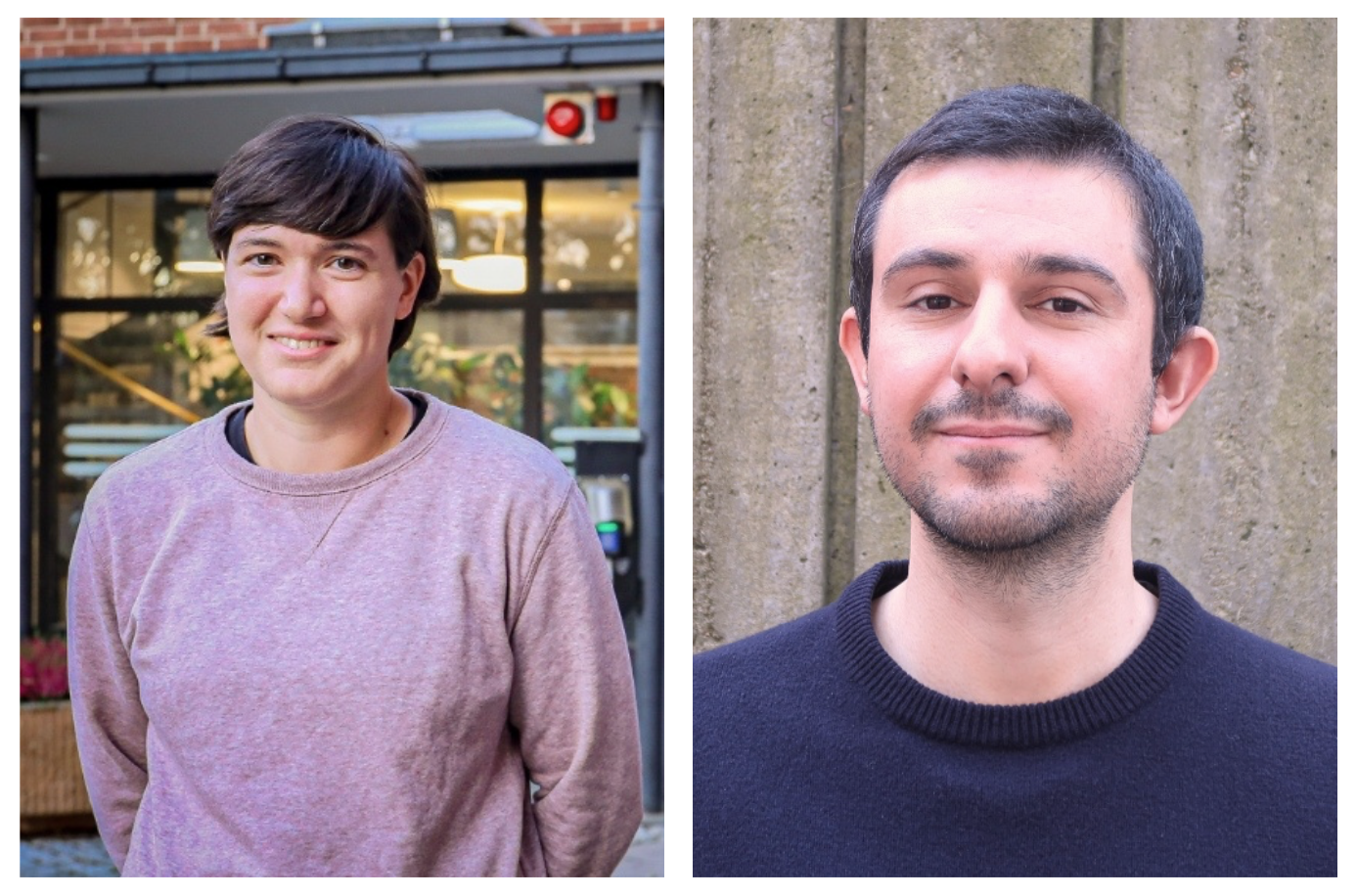
SEK 30 million awarded for research on ultrashort laser pulses and quantum mechanics
Anne-Lise Viotti and Armin Tavakoli will each receive SEK 15 million grants as part of the Swedish Foundation for Strategic Research’s investment in Future Research Leaders.
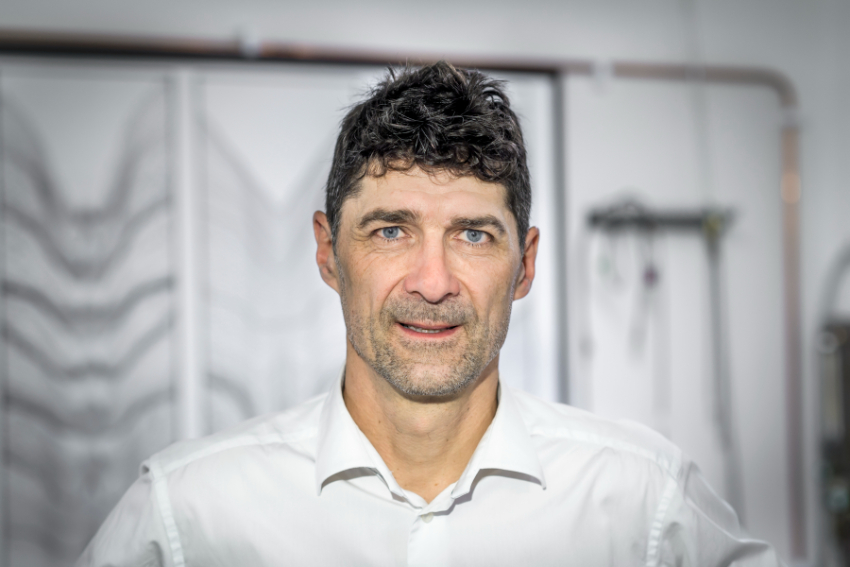
"The best of both worlds" – Heiner Linke on why Swedish researchers should invest in innovation
Can innovation strengthen research? Heiner Linke, professor of nanophysics and member of the Royal Swedish Academy of Sciences, has done exactly that by combining research and innovation. His own attitude towards utilisation and innovation has evolved from a sense of duty to passion: "Now I think it's genuinely exciting."
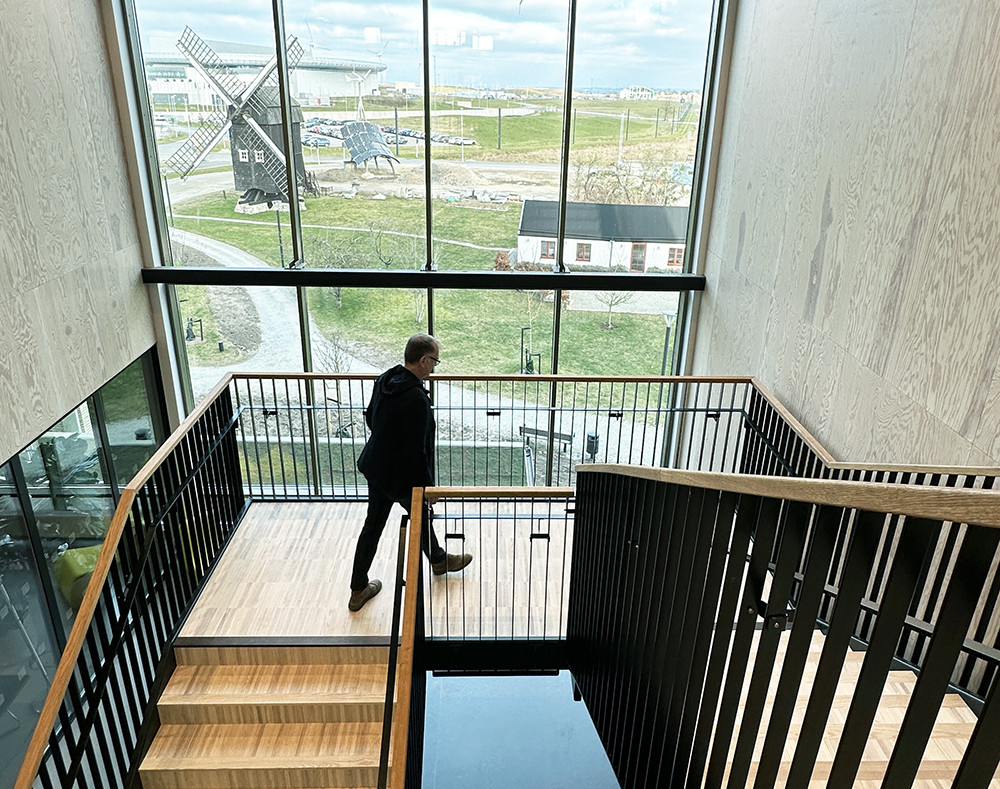
Lund semiconductor research moves to Science Village
Science Village will now be the focal point for semiconductor research in Lund after Lars-Erik Wernersson's research group moved to The Loop. The move is expected to provide new opportunities for collaboration, as well as increased cooperation with MAX IV, ESS and the upcoming Nanolab Science Village. The move is described by Lars-Erik Wernersson [...]
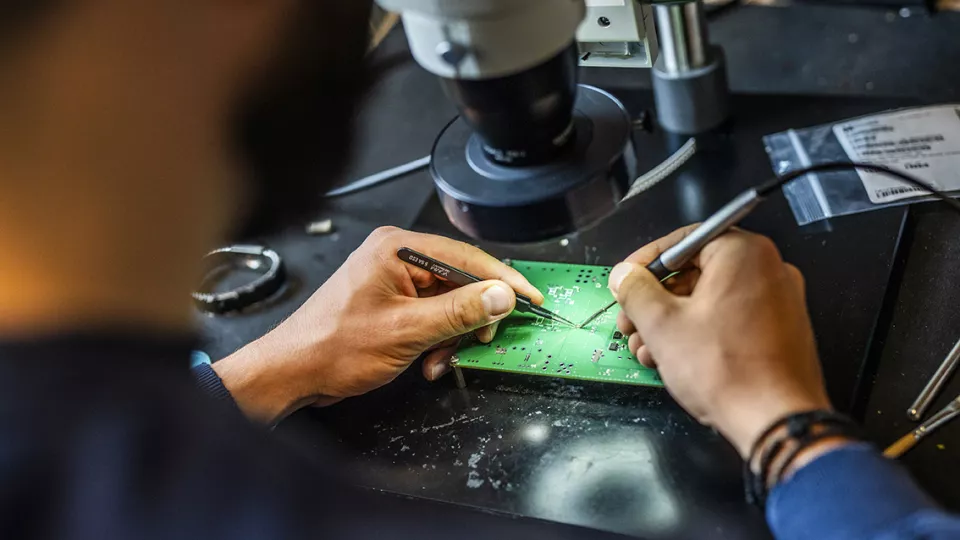
Semiconductor ecosystem to be strengthened
The Swedish Agency for Economic and Regional Growth – Tillväxtverket – allocates SEK 12 million from the European Regional Development Fund to Lund Nano Lab (Myfab Lund). Over the next four years, the money will strengthen cooperation between academia and industry in the field of semiconductors, and lower the threshold to the lab for companies.

How fast you can catch COVID-19 through the air
The winter season virus has struck – and COVID-19 is still part of everyday life. But unlike during the pandemic, we now know more about how the virus is spread through the air we breathe. Research results from Lund University show that it only takes a few minutes in the same room as an infected person to catch the virus.
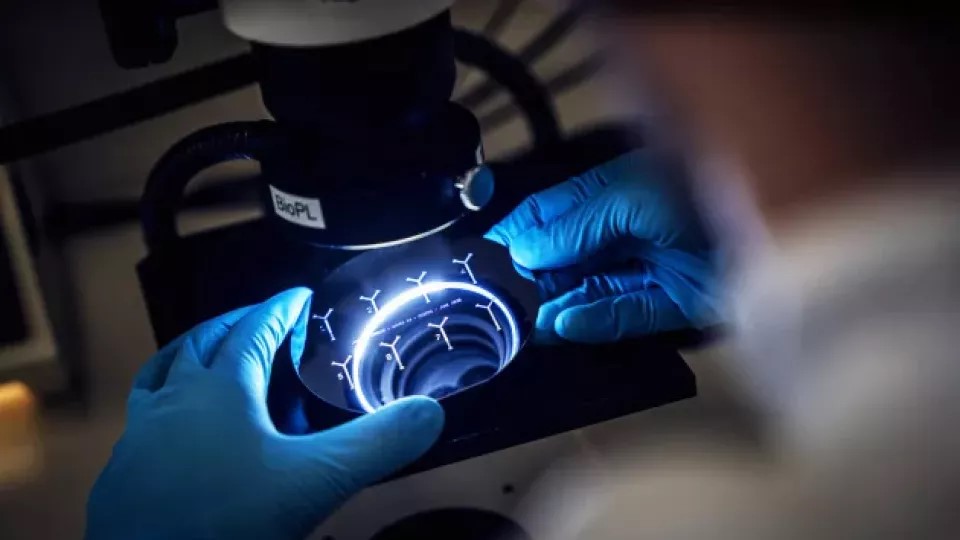
Lund Nano Lab among the three research infrastructures named University Core Facilities
The Vice-Chancellor has designated three of the university’s major research infrastructures as University Core Facilities. The designation signals that these research infrastructures are of high strategic importance for the entire university.
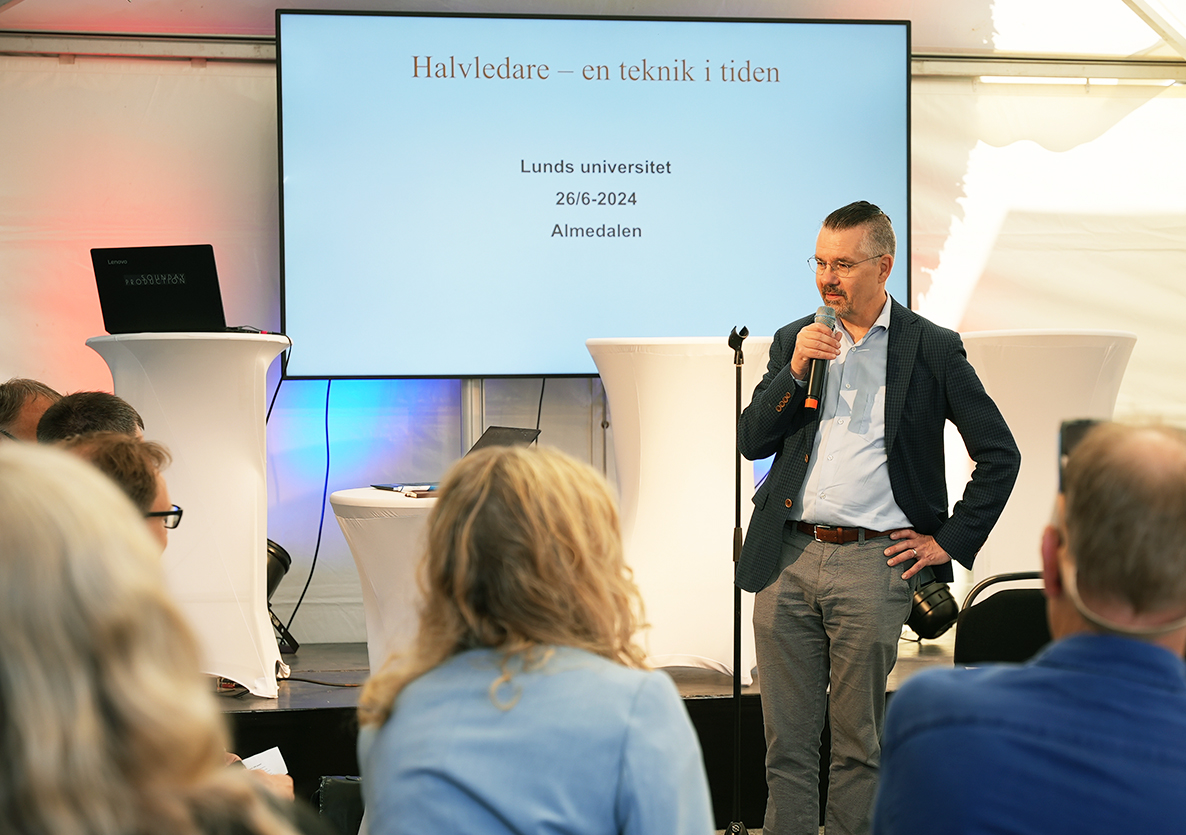
"A crisp proposal" is requested during Almedalen talk on semiconductors
A discussion on semiconductors was on the agenda in Almedalen. The dialogue, hosted by LTH at Lund University, addressed how Sweden can contribute to the efforts being made in Europe. One of the conclusions of the discussion was "the crisper the proposal – the more policy influence".
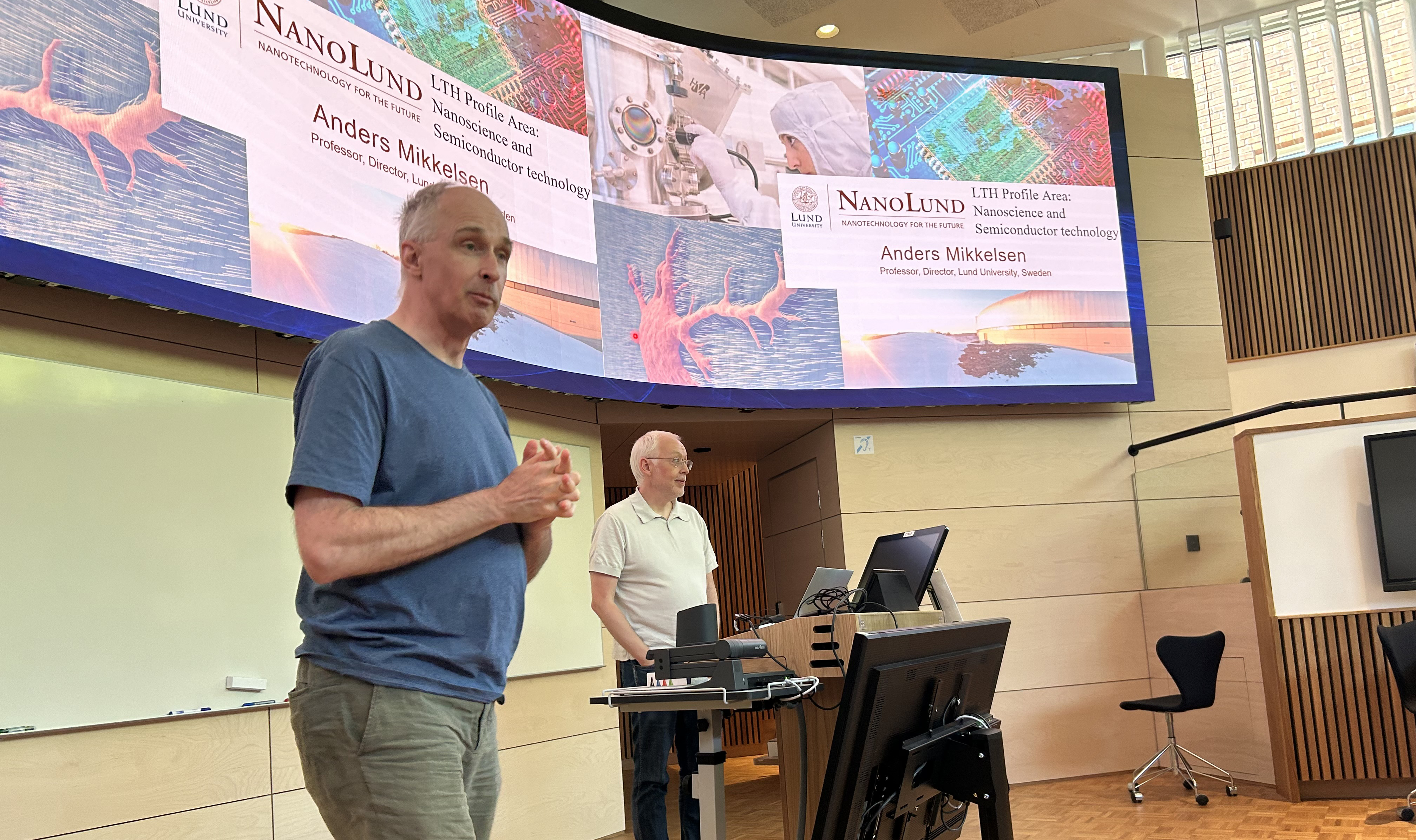
Profile areas explore cross-disciplinary collaborations
On 17 May, the Energy Transition profile area organised a lunch seminar with colleagues from the Nanoscience and Semiconductor Technology profile area. The aim was to learn more about nanoscience and the work that the profile area does to identify potential collaboration opportunities between the two groups.
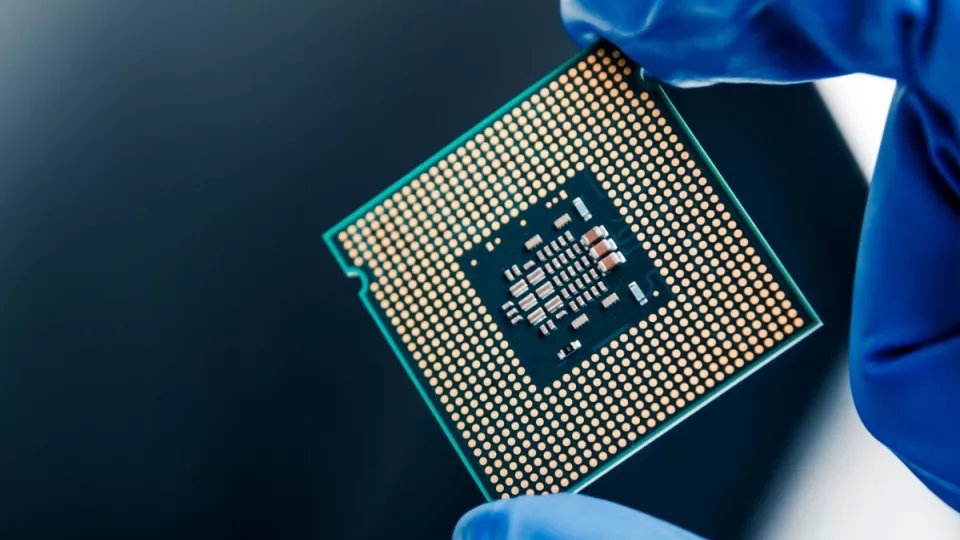
Strengthening Swedish semiconductor capability
Semiconductors – the “brains” behind electronic products and systems. Whether mobile phones, automotive, energy, home appliances, or artificial intelligence, these components (“chips”) play a key role. At the same time, Asian countries account for more than half of the world’s semiconductor chip production. Swedish semiconductor capability is now [...]
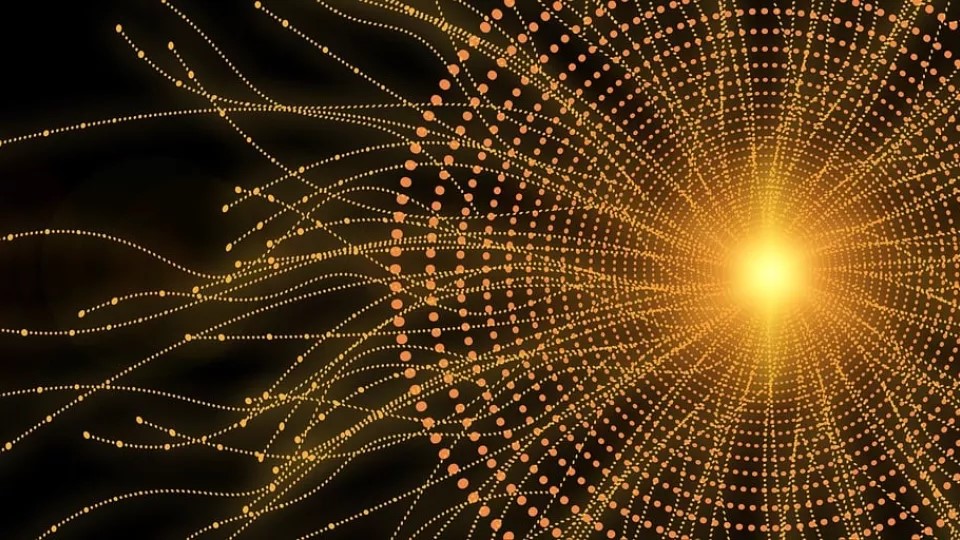
Understanding the behaviour of light and matter - key to future technologies
If we can understand how and why light and matter behave as they do, we are one step closer to solving some of the most fundamental problems in physics. Finding the answers to these questions drives Ville Maisi, Associate Professor of Solid States Physics at NanoLund.
